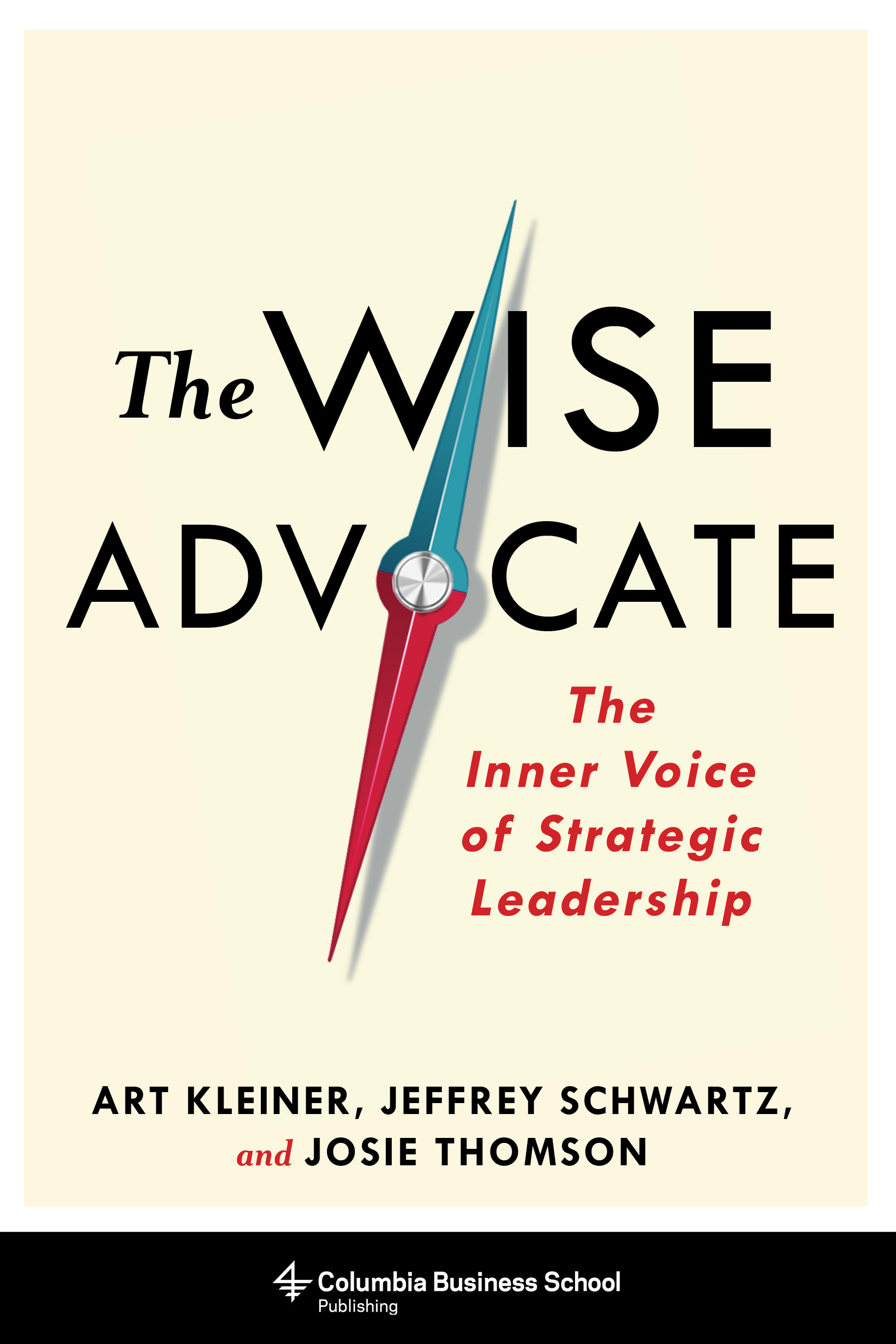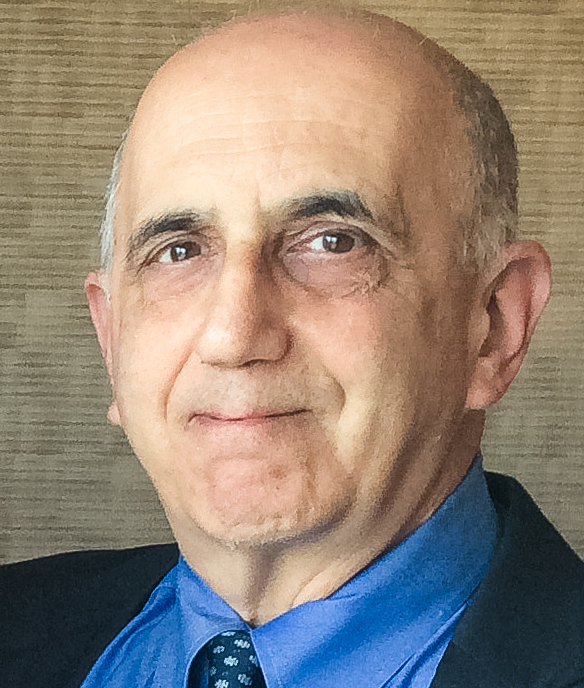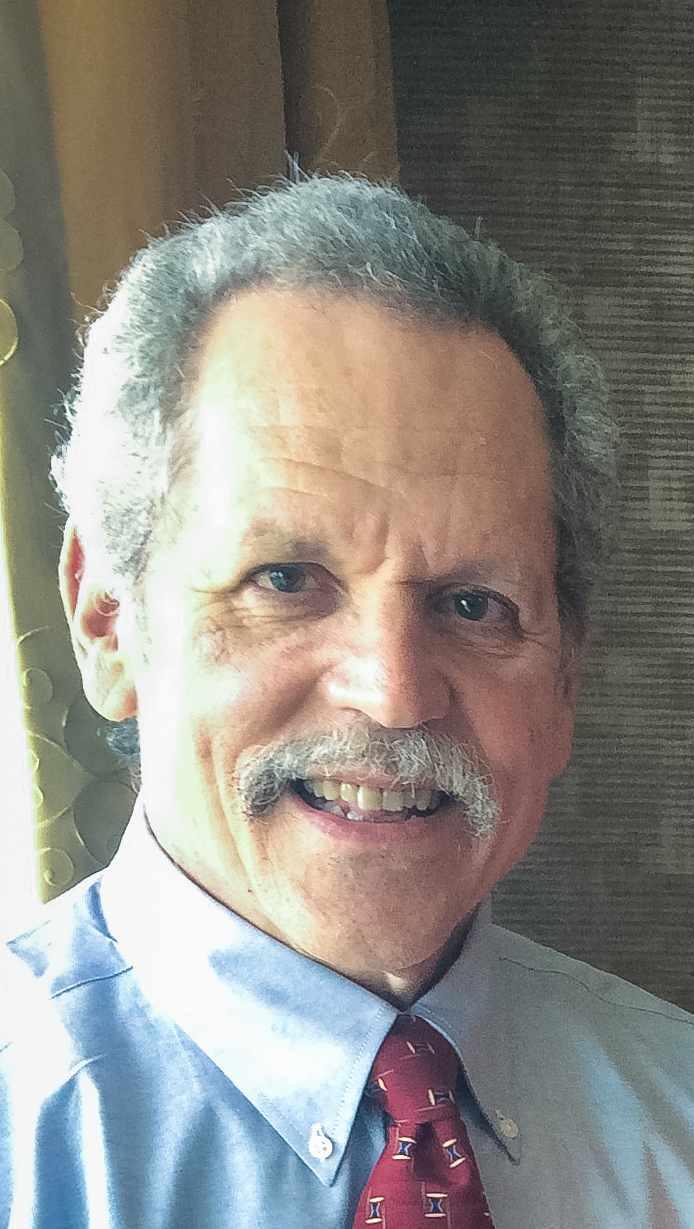When asked to name a truly far-sighted leader, many people think of Nelson Mandela. When released in 1990 after twenty-seven years in prison, he championed a multi-racial democratic government and truth-in-reconciliation process that enabled South Africa to make a peaceful transition from an authoritarian regime to a consciously inclusive democracy.
One of the many examples of Mandela’s far-sightedness occurred in 1995, shortly after he was elected president of South Africa. Most of the other leaders of his party, the African National Congress, wanted to change the name of the national rugby team, the Springboks, which had long been associated with apartheid. Mandela insisted on keeping the name and wearing a Springbok jersey when the team was up for the World Cup, because he consciously knew that this symbolic gesture would show the white population of South Africa that they were included.
“I am proud to wear [the symbol],” he told a reporter, “when a few years ago, even a few months ago, it was anathema . . . this thing, that was a very divisive and ugly symbol, could in fact have been magically used by God to weld us together. No one of us could ever in their wildest dreams have been able to predict that rugby could have this magical effect.”14
How do you learn to become a leader like this? It doesn’t happen all at once. You don’t have to be at the top of an organization – nor do you have to spend time in prison. Rather, you make it happen every time you have a major decision to consider, a decision with serious consequences.
Maybe you have a great innovation in mind, but the investment is so expensive you’d have to bet your livelihood, or your company, on it. Or you’re asked to cross an ethical line: to pay a bribe, adjust some data to make the outcome look better, or hire a friend when there are other, better people. Or you may face a personal dilemma – handling a struggling marriage, being thrust into the role of caregiver, or deciding where to move.
How do you make the right choice here and now – and more importantly, how do you develop the habit of making better choices, time and time again, even in difficult and uncertain circumstances? Studies of mental activity, and their associated brain circuits, suggest that there are three ways of focusing your attention that help you train yourself to think broadly and deeply about the situation.
The first is what psychologists call “mentalizing.” You think about what other people are thinking, and what they are likely to do next. This invokes a different mental function – and involves a different part of the brain — than thinking about what you want or what others want.
The second is known as “executive function,” the mental activity associated with achieving long-term goals. Executive function has three generally accepted attributes: working memory (the ability to hold complex ideas in mind), cognitive flexibility (adapting to change and looking at the world from more than one perspective), and inhibitory control. You resist being governed by your own impulses and emotions – not denying or suppressing them, but being aware of them without giving in to them.
The third practice is applied mindfulness: the pragmatic application of contemplative practice. Even limited practice – focusing your attention on your breathing for a specified period of time – increases your ability to focus attention and significantly coordinates and harmonizes connectivity across different parts of the brain.
When these three practices come together, you begin to mentalize about yourself – to think about what you’re thinking. Do this regularly, and the experience is like calling on an inner voice: a Wise Advocate, a source of judgment and perspective available to anyone, but especially valuable for those who want to be great leaders. It is the kind of true guide and advisor who can help you see beyond your limits – looking at yourself as if from an outsider’s perspective, but also compassionate and loving towards you, and deeply committed to your own growth and well-being.
Leaders (and storytellers) have known about this pattern of mental activity since antiquity. It is sometimes described as an angel on your shoulder (or, famously, as a cricket speaking to you.) Behind the metaphor is a phenomenon known as self-directed neuroplasticity. When you deliberately focus your attention on something, time and time again, you rewire the pathways of your brain in ways that significantly enhance your ability to do the same next time. Thinking as a strategic, far-sighted leader, becomes a habit.
And if you habitually cultivate that inner voice of leadership within your mind, you can then speak with that same Wise Advocate voice in the organization or community around you. It’s the first step in becoming a leader like Mandela – the kind of leader you, yourself, would want to follow.

Adapted from The Wise Advocate by Art Kleiner, Jeffrey Schwartz, and Josie Thomson Copyright (c) 2019 Arthur Kleiner, Jeffrey M. Schwartz, Josephine A. Thomson. Used by arrangement with the Publisher. All rights reserved.
Follow us here and subscribe here for all the latest news on how you can keep Thriving.
Stay up to date or catch-up on all our podcasts with Arianna Huffington here.




